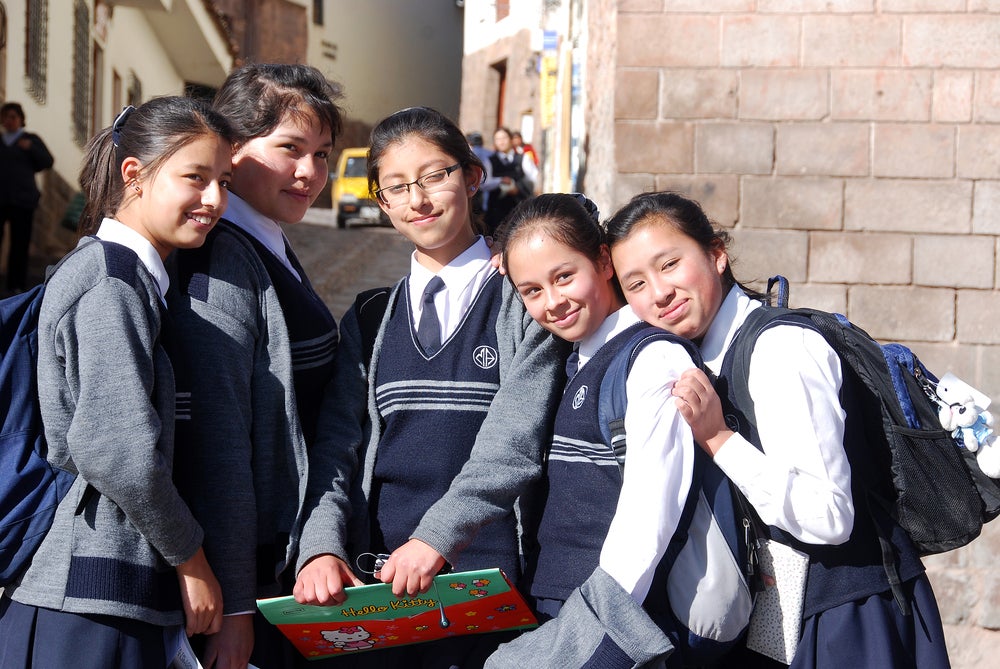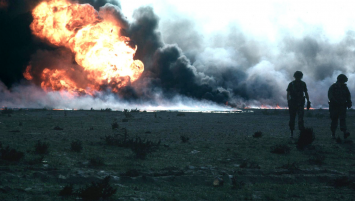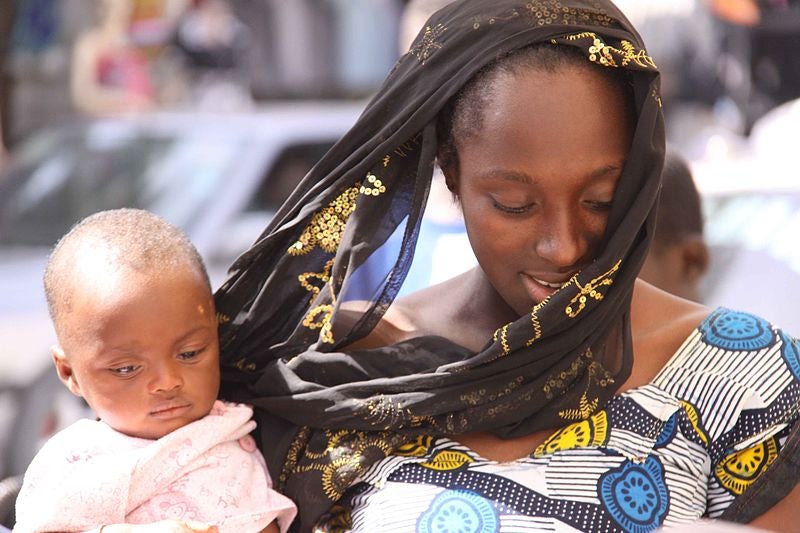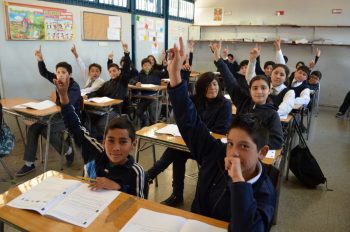The results of the triennial Program for International Student Assessment (PISA) exam tend to land in Latin America and the Caribbean like a shower of icy water. The 2015 exam was no different. For all the progress the region has made in education, for all the increases in investment and near universal enrollment at the primary school level, the region sat in the bottom half of … [Read more...] about Where Peruvian Education Reaps Rewards
Severing the Link Between Oil and Conflict
The explosives ignite, the pipeline bursts, and tens of thousands of barrels of oil pour into grasslands and rivers, destroying a vital source of income and large quantities of animals and fish. Frequent attacks on pipelines by leftist rebels over the last 20 years have devastated fragile ecosystems in Colombia and cost the government hundreds of millions of dollars in lost … [Read more...] about Severing the Link Between Oil and Conflict
When Parenting Programs Confront Cultural Taboos
In the mid-1990s, researchers in the United States revealed a stunning gap in the developmental path of rich and poor children. By age three, the researchers found, children of professionals had heard 30 million more words than low-income children. This endowed privileged youngsters with skills that allowed them to acquire richer vocabularies and more sophisticated language … [Read more...] about When Parenting Programs Confront Cultural Taboos
Can Voucher Schools Improve Education? Ask Chile
After a historically fierce and bruising battle, Betsy DeVos, a proponent of school choice, was confirmed Feb 7. as the education secretary of the United States. Devos's supporters applauded her backing of charter schools and vouchers for study in private and religious schools. Opponents argued just as passionately that allowing such options would undermine the public school … [Read more...] about Can Voucher Schools Improve Education? Ask Chile
Revisiting Policymaking in a Troubled Region
During much of its recent history, Latin America has alternated between policies that are state-controlled and those that are market-centered. It has swung from the import-substitution model of the post war era to the liberalization of the Washington Consensus of the 1990s with a host of lesser variations in areas ranging from industry to trade. Yet, significant advances … [Read more...] about Revisiting Policymaking in a Troubled Region





